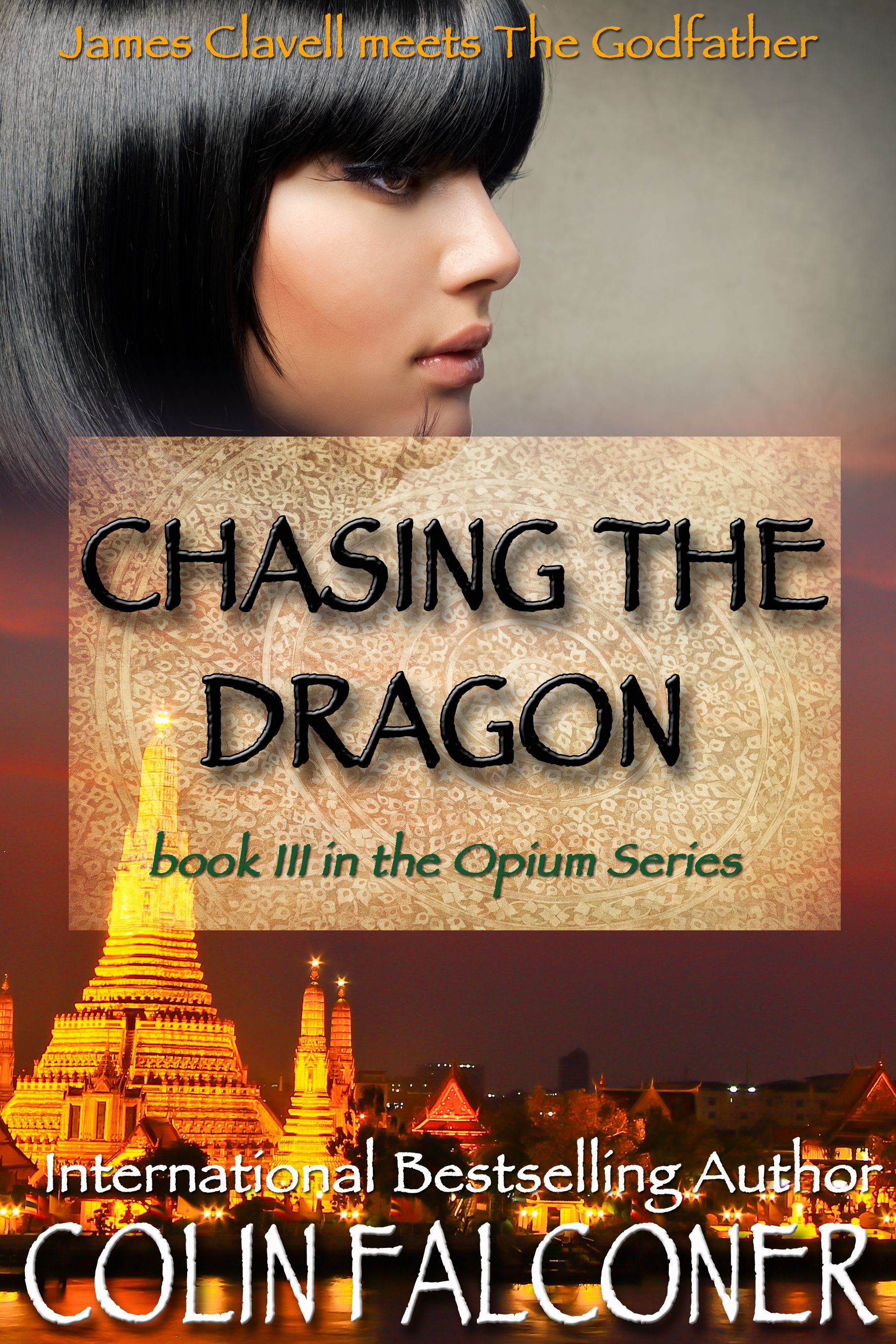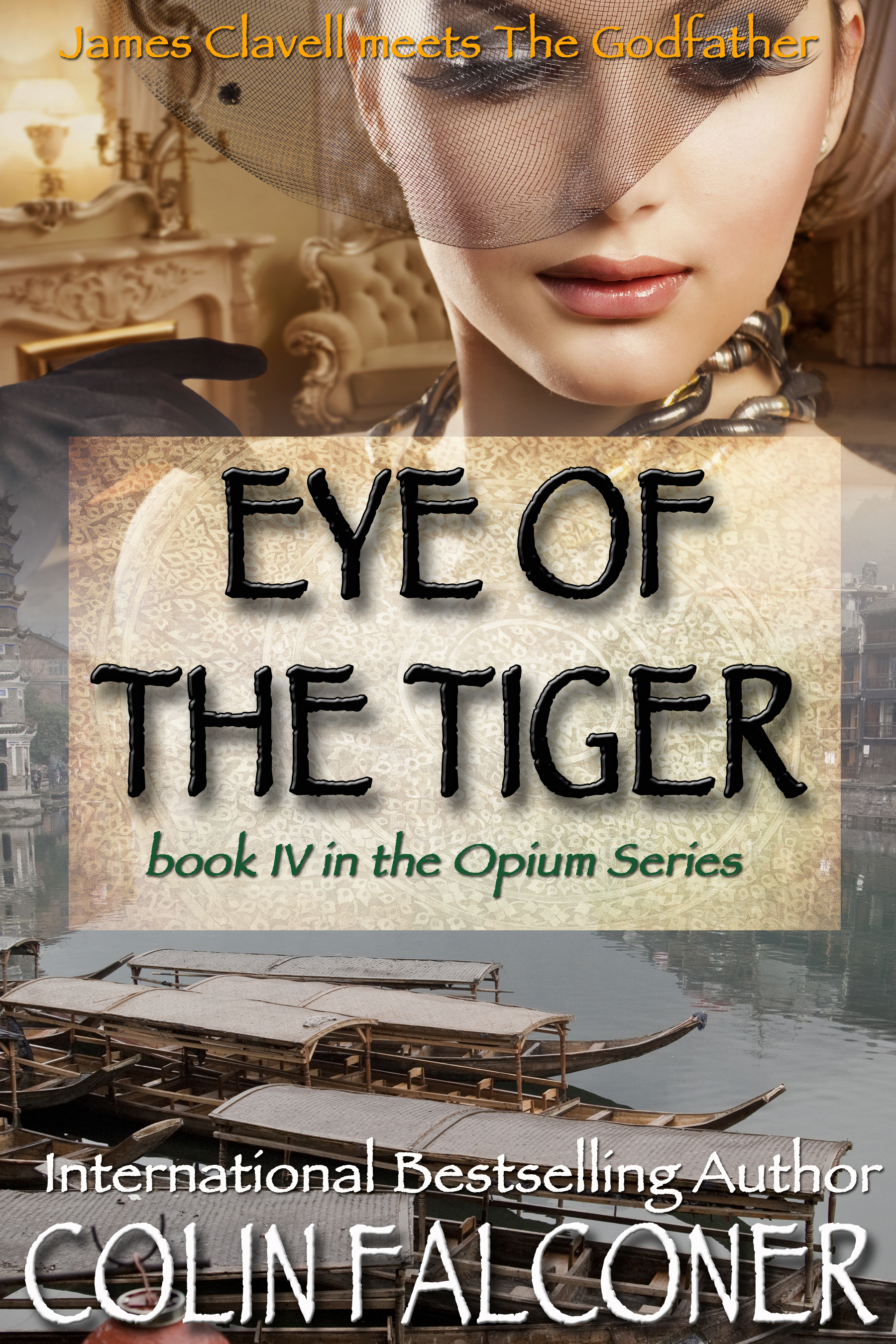“All that is necessary for evil to triumph is for good men to do nothing.” - Edmund Burke
I read an article this week by Bill Phillips in Mens Health that raised a thought-provoking question about the Penn. State scandal. Phillips referred to the Stanley Milgram experiments in relation to how Paterno and others had behaved.
Stanley Milgram was a Yale University psychologist who conducted a series of experiments back in 1961. The tests were designed to measure the willingness of subjects to obey an authority figure who told them to perform acts that conflicted with their personal conscience.
It was inspired by his curiosity about how millions of people in Nazi Germany could go along with horrors of the Holocaust, even when it violated their deepest moral beliefs.
A volunteer was given the role of teacher, and separated from the learner; they could communicate but could not see each other. The ‘teacher’ had a list of word pairs to teach the ‘learner’. If the answer was incorrect, the ‘teacher’ would administer a shock to the ‘learner’, with the voltage increasing in 15 volt increments for each wrong answer.
In reality there were no shocks, the ‘learner’ was an actor; but the ‘teacher’ did not know this. Some test subjects paused at 135 volts and began to question the purpose of the experiment. Though clearly uncomfortable about it, most continued after being assured that it was necessary and that they would not be held responsible for the outcome.
How many continued to the final, potentially lethal 450-volt shock? The answer stunned Milgram and his team; 26 out of 40. Even with their ears ringing with the screams of their ‘victims’, authority won over. They listened to the man in the white coat before they listened to their own inner voice. Ordinary people, good people, thus became agents in immoral and destructive behaviour.
Every similar experiment since has returned similar results to Millgram; between 60-65% of participants will continue to the end. In effect Milgram proved the Eichman defence: ‘I was just following orders.’
What has this to do with the events at Penn State? Phillips pointed out that five others, apart from Paterno, knew of these allegations in 2002. They all passed the buck. No one else did anything, so they didn’t. But what was the ‘greater authority’ in this case?
Here perhaps is a clue, a typical response from one senior at Penn interviewed by AP: “Everyone’s been struggling to reconcile how something so bad could happen in a place that we all think is so good.’ And that is precisely the Milgram problem.
Something we all think is so good.
Substitute the name of a family member, a religion, a government or a political leader and is it just possible to see a pattern emerge?
Is it that we cannot blow the whistle on something we all think is so good?
It may also explain why those students rioted against Paterno’s sacking. What were they thinking? Sorry, but if a ten year old boy really was assaulted in the shower by an assistant coach, heads have to roll.
But this does not make Joe Paterno a bad man. On the contrary - and this is the whole sad damned point - the great tragedy is that he is by all accounts a very good one, even exemplary in most other regards. Which makes this bewildering, right?
This is the salutary lesson here.
It seems to me that as human beings we all have a higher authority that we surrender our scruples to. In this case it was Penn State football that was sacred. In other high profile cases it has been the Catholic Church, when bishops and archbishops have overlooked the actions of paedophile priests.
Whenever we say: My country right or wrong; my religion right or wrong; or in the case of sexual abuse - my husband/father/brother right or wrong - I believe we are in grave danger of joining the ranks of those who will keep pushing the button to 450 volts.
The question should not be: why did Joe Paterno and the other five men not immediately dial 911? It should be: Would we?
We of course like to think so. But the Milgram experiments and every experiment that has followed it over the last fifty years demonstrates that two out of three of us would not behave as we think we would.
This is not a Penn State problem. This is a darker side of human nature that we must all confront as part of the challenge of being a human being. The lessons from the Milgram experiments are every bit as relevant today as they were then.
If you would like to know more about it, there is a black-and-white film of the experiment, Obedience, that was shot by Milgram himself.
The distributor of the film in the United States is … Pennsylvania State University.
Well I’ve had my say. Please feel free to comment - and we can mull the responses over Friday night drinks.































Those of us who understand dog psychology can easily see how this is possible. Humans are also "pack" animals. Our very make up drives us to follow a strong leader. It is a survival strategy that has enabled us to survive and prosper as a species. This is easily seen in politics, religon, etc. It is "pack" behavior build into our very beings.
I majored in psychology in college and remember the shock experiment. It preplexed me, yet I've seen the same type of behavior over and over with people. It still disgusts me that the football program was mightier then the welfare of innocent children.But I'm not surprised by it either. Great points and wonderful post!
I read about that Milgram experiment a while back. Parents teach children to "respect authority", starting with them, with teachers, government, etc. But parents tend not to teach, by word or example, the appropriateness of making wise and right decisions for oneself, regardless of the "authority" and respecting thereof. There is a disconnect amongst the teaching, and the expectation of behavior. And yes-we are pack animals as the above commenter said. We don't want to "stand out"-that can be dangerous in so many ways. Sad.
Well said, Colin.
Very cool information. I had no idea. It does make sense, when you relate it to Nazi Germany. I've always wondered how people could've participated in that. I really do believe that I would call the authorities if I knew of a child being abused. I would think it's because I can't stand the idea of a child being hurt and I see that as something different than say, calling about an economic crime. But, it might be because both of my parents are lawyers so I grew up being aware of legal responsibilities and not wanting to be sued. Hopefully, I'll never have to test out my theory.